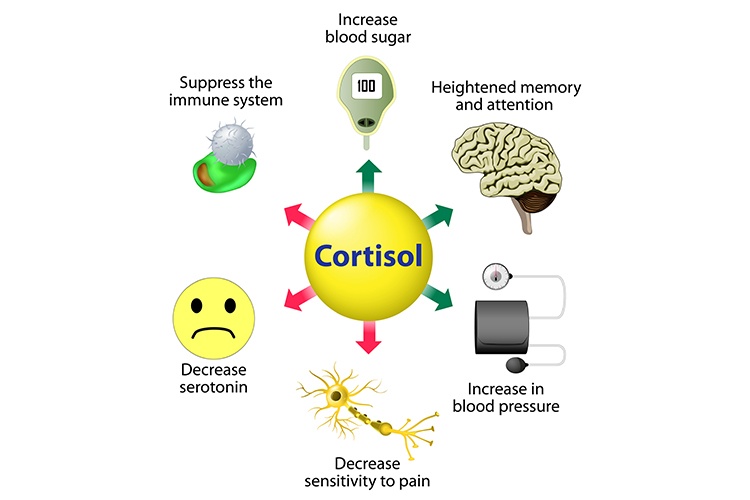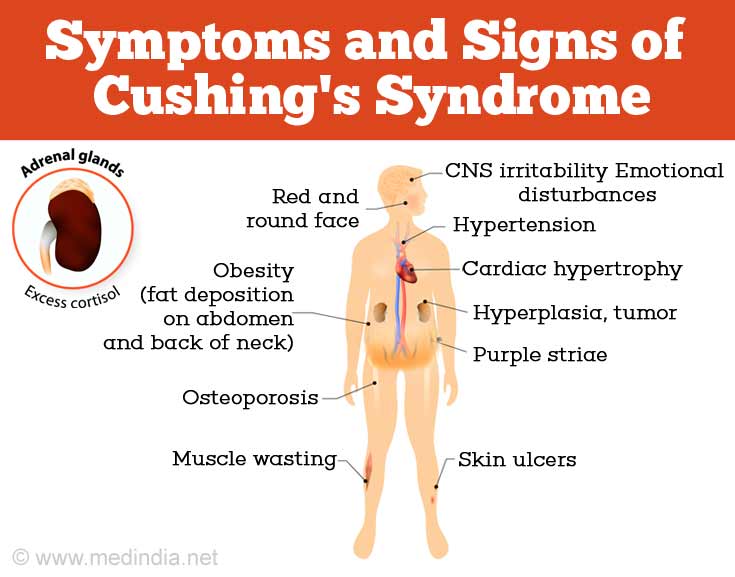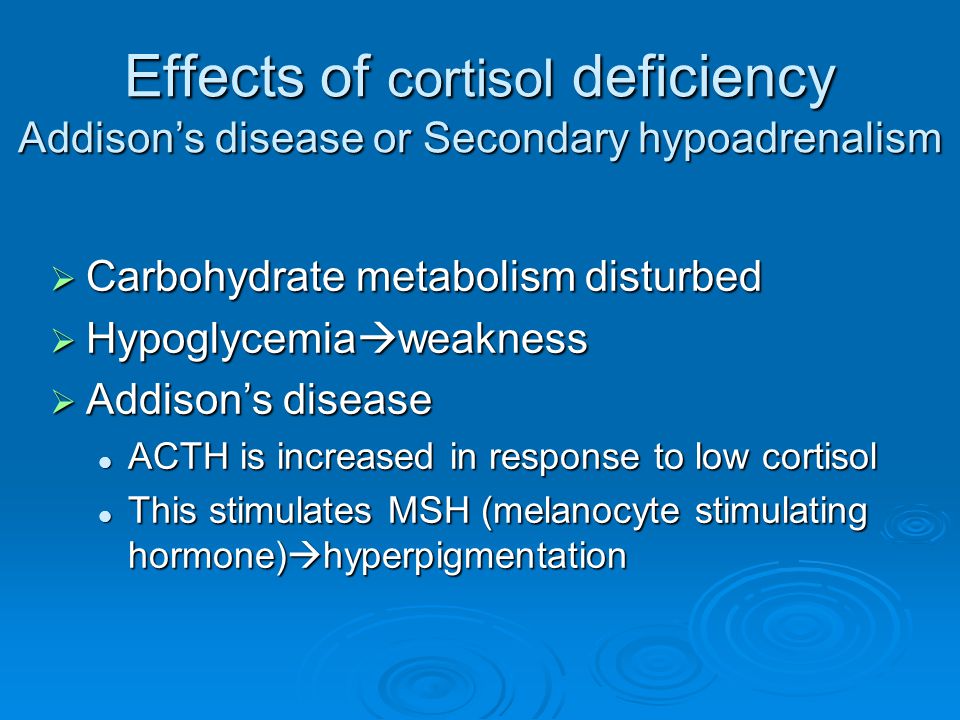Cortisol, ever heard of it? Cortisol is a hormone that plays an essential role in the functioning of our bodies. So, what is the cortisol hormone? Read on to find out.
What is the Cortisol Hormone?

Cortisol is the body’s principal stress hormone. It is more like nature’s integrated distress signal system. It works with specific segments of the brain to control an individual’s mood, motivation, and fear.
Cortisol is produced in the adrenal glands, which are triangle-shaped organs at the top of the kidneys.
What does the Cortisol Hormone do?
The cortisol hormone plays a vital role in several functions the body performs. For instance, it:
- Boosts energy, which enables the body to handle stress and restores balance afterward
- Controls the sleep/wake cycle
- Increases blood sugar (glucose)
- Keeps inflammation down
- Controls how the body makes use of carbohydrates, fats, and proteins
- Regulates blood pressure
How Does Cortisol Work?
The hypothalamus and pituitary glands, both located in the brain, can detect if an individual’s blood contains the correct level of cortisol. If the level is too low, the brain adjusts the amount of hormones it produces. The adrenal glands react to these signals. At that point, they fine-tune the quantity of cortisol they release.
Cortisol receptors contained in most cells in the body receive and use the hormone in various ways. An individual’s requirements will differ from day to day. For example, when the body is on high alert, cortisol is able to alter or shut down functions that may get in the way. These can include the digestive or reproductive systems, the immune system, or even the growth processes.
Occasionally, the cortisol levels can get out of balance. After the pressure or danger has ceased, the level of cortisol should adjust to normal. At that time, the heart, blood pressure, and other body systems will get back to normal.
Excess Cortisol
If an individual is under constant stress and the alarm button stays on, it can disrupt the body’s most crucial functions. It can also lead to numerous health issues that include:
- Headaches

- Anxiety and depression
- Memory and concentration problems
- Heart disease
- Problems with digestion
- Trouble sleeping
- Weight gain (mainly in the middle)
A nodule or mass in the adrenal gland or a tumor in the brain’s pituitary gland can trigger the body to produce excess cortisol. This situation can result in a condition called Cushing syndrome. This condition can lead to skin that bruises easily, rapid weight gain, diabetes, muscle weakness, and a host of other health problems.
If the wrong foods are chosen or certain foods are consumed at the wrong times, cortisol can be increased. The list below indicates which foods to avoid to prevent elevated cortisol.
Trans Fats – Trans fats are dangerous because they’re associated with a host of diseases, and there is evidence from animal studies that they raise cortisol.
In addition, human studies have shown a higher intake of trans fats is coupled with aggressive behavior and a greater risk of depression. Both of which are likely linked to unrestrained hormones.
It is best to avoid trans fats by preferencing whole foods over packaged “junk food” and reading all labels for “hydrogenated” or “partially hydrogenated” oils.
Vegetable & Seed Oils – Vegetable and seed oils, like corn, canola, sunflower, and, soy are highly processed oils that are washed, heated, and treated with the chemical hexane before placing them in chips, cookies, cereal, or bottling as a “heart” healthy oil.
This over-processing depletes these oils of nutrition and contaminates them with toxins. Subsequently, these oils are also easily destroyed by oxidation (free radicals), activating the immune system, causing inflammation, altering stress hormone balance, and damaging the body.
Also, most individuals consume excessive amounts of the omega-6 fats that vegetable and seed oils contain, making it wise to avoid these oils in favor of various reduced processed fats such as olive oil, butter, and coconut oil. If an individual has a skewed ratio of omega-6 to omega-3 fats, disease risk and obesity are increased significantly.
Fruit Juice – Consuming fruit juice often is associated with an increased risk for diabetes and poor metabolic health. It is a situation that often leads to a changed cortisol curve and elevated inflammation.
Consuming fruit has the reverse effect, decreasing diabetes risk. The cause is that juice generally does not contain the fiber that naturally occurs in fruit. Lack of fiber causes a surge of events that involve increased cortisol.
The sugar contained in the juice results in a rapid spike in blood sugar and too much insulin released into the bloodstream, which leads to low blood sugar as insulin quickly shuttles all the energy from the blood into cells. As a result, cortisol is released, and we feel hungry again, often causing us to overeat.
Foods a person are Sensitive or Intolerant To – Food sensitivity is when individuals negatively react to eating a specific food because their immune system is triggered, causing cortisol to be elevated. It is much milder than an allergic response, so much so that most do not realize why they may feel lousy; they just know that they feel out of sorts
Individuals can develop a food intolerance to any food, especially if they live a high-stress lifestyle and have elevated cortisol. However, the most common ones are casein protein, beef, eggs, shellfish, tree nuts, and gluten grains.
Chocolate Cake – there are undoubtedly many varieties of chocolate cake, but the majority will have antioxidant-poor chocolate and a lot of refined sugar. Foods higher in refined sugar lead to a greater release of cortisol, adrenaline, and epinephrine—a combination that will make an individual feel great for a few minutes until he or she crashes and the so-called “sugar high” is over and, they just desire more.
For example, in one study, women who suffered more significant life stresses and had imbalanced cortisol levels consumed more chocolate cake and fewer vegetables at a lunch buffet. This indicates a mutual effect where altered cortisol drives the desire for sweet foods, which in turn elevates cortisol.
Factory Farm (processed) Beef – Regularly consuming factory-farmed beef is a wrong choice if the goal is to balance cortisol. Conventional beef derives from animals raised on combinations of antibiotics, hormones, genetically modified corn, chicken manure, and ground-up parts of other animals.
This beef additionally contains fewer omega-3 fats and additional omega-6 fats that are pro-inflammatory when not balanced with omega-3 fats. Factory-farmed beef additionally has more of the type of saturated fat that is detrimental to cholesterol (called myristic and palmitic acid). In contrast, grass-beef has more stearic acid, which is neutral for cholesterol.
Flavored Yogurts Fat-Free – High-quality yogurt that contains live probiotic bacteria has been found to lower cortisol. However, fat-free and low-fat flavored yogurts are merely junk foods masking as health food. In addition, they have a poor taste because all of the fat has been removed and substituted with sugar or artificial sweeteners, as well as fake flavorings and dyes.
These yogurts are not likely to retain any live probiotic bacteria because they tend to go through extensive industrial processing. Therefore, they will not benefit the gut, nor do the cortisols level any good.
Alcohol – Alcohol brings about oxidative stress in the liver, depresses mood, and has been found to raise cortisol levels, especially when consumed after intense exercise.
For example, a recent study found that when trained men consumed alcohol after a workout, they had elevated cortisol and a poorer free testosterone to cortisol ratio than a placebo group. Long-term use could be even more detrimental because it is associated with even more significant hormone imbalances.
Low-Fiber Carbs – Carbohydrates
that do not contain fiber can lead to elevated cortisol because they are quickly digested, leading to a more significant spike in blood sugar and insulin. This action is followed by cortisol release once blood sugar plummets. In addition, low fiber diets can lead to poor gastrointestinal function and inflammation, changing cortisol balance.
Carbs lacking fiber are likely to be refined or processed foods such as white bread, cereal, cookies, or crackers. Unprocessed fibrous carbs include practically all veggies and fruits.
Caffeine – Although it is viable to have healthy cortisol levels with caffeine use, individuals who bear the effects of high-stress lives may benefit from avoiding caffeine. For instance, new caffeine users encounter a significant cortisol spike that lasts throughout the day. Even long-term users who consume it in the morning and then again at lunchtime experience a big afternoon spike in cortisol. The effect is worsened if an individual is anxious or mentally stressed.
It is best to be wise about caffeine use and realize that having hormone imbalances or adrenal exhaustion reduces the ability to metabolize caffeine. In addition, specific genotypes have the same problem.
Cortisol Deficiency
On the other hand, if the body does not produce enough of this cortisol hormone, the result is a condition k nown as Addison’s disease.
nown as Addison’s disease.
The symptoms usually appear over time. They generally include:
- Changes in the skin, such as darkening on scars and in the skin folds
- Constant fatigue
- Nausea, diarrhea, and vomiting
- Decrease of appetite and weight
- Low blood pressure
- Muscle weakness that increasingly grows worse
If the body is not producing enough cortisol, a physician may prescribe dexamethasone, hydrocortisone, or prednisone tablets.
Nutrition is a potent means to balance cortisol and improve the secretion of related metabolic and performance-boosting hormones. By planning a diet wisely, individuals can help lower cortisol post-workout or in the evening before bed. This will allow one to avoid food cravings, reduce stress, and get better fat loss results when improving body composition.
Balancing Cortisol Naturally
A natural approach is always the best way to prevent health issues. Below are some suggestions for balancing cortisol naturally.
- Retire for bed each night at the same regular time, wake up at the same time, and move out into the sunshine. This practice will create a good circadian rhythm, which optimizes hormone balance naturally.
- Limit alcohol consumption. An individual may think it relaxes them, but alcohol, in fact, increases cortisol.
- Limit or avoid caffeine, sugar, and processed food. Better-eating guru Michael Pollen’s quote “Eat foods from a plant, not made in a plant,” is an excellent cue to consume food that is natural and whole.
- Exercise. However, understand that running hard and overtraining without adequate rest can increase cortisol. In addition, the constant requirement for glucose to the muscles can produce a form of chronic stress. An individual may find pilates, yoga, or walking in nature to relax their mind while exercising the body.
- Get a massage to reduce stress and relax muscles.
- Consider talking to a physician or pharmacist about consuming dietary supplements such as vitamin B complex, vitamin C, and fish oil, as intake levels vary.
- Try meditation to slow the mind down, diminish anxiety, and reduce cortisol levels. Deep breathing can also assist. For those who have never tried meditation, here is a guide to help you get started.
With regular exercise, sleep, and a healthy diet, individuals can be better prepared to manage stressful situations and prevent stress from aggravating their health.
Please leave questions, comments, and concerns below.
Good Health!!
Hi, this is a really helpful article and quite alarming when you look at the effects of high or low levels of cortisol on the body. Seems like we need to find the right balance which is not always easy to do with diet and exercise so I will certainly be more aware of this going forward. Thanks for the read.
Hi Dan – Another element for balancing cortisol is controlling stress. Stress plays a significant role in triggering cortisol admission.
Thanks for commenting!
Hi, Nathaniel!
What a great post on the cortisol hormone! I love reading about the human body and be acquainted with lots of interesting details on the topic. You did an excellent job explaining how it works and how to take care. The secret is really to balance cortisol levels and you left such valuable tips on it!
Thanks a lot for sharing and keep safe!
Thanks for the comments, Antonio. Yes, indeed, balance is the key.
Stay healthy!